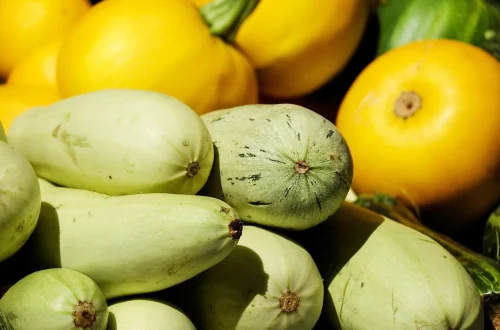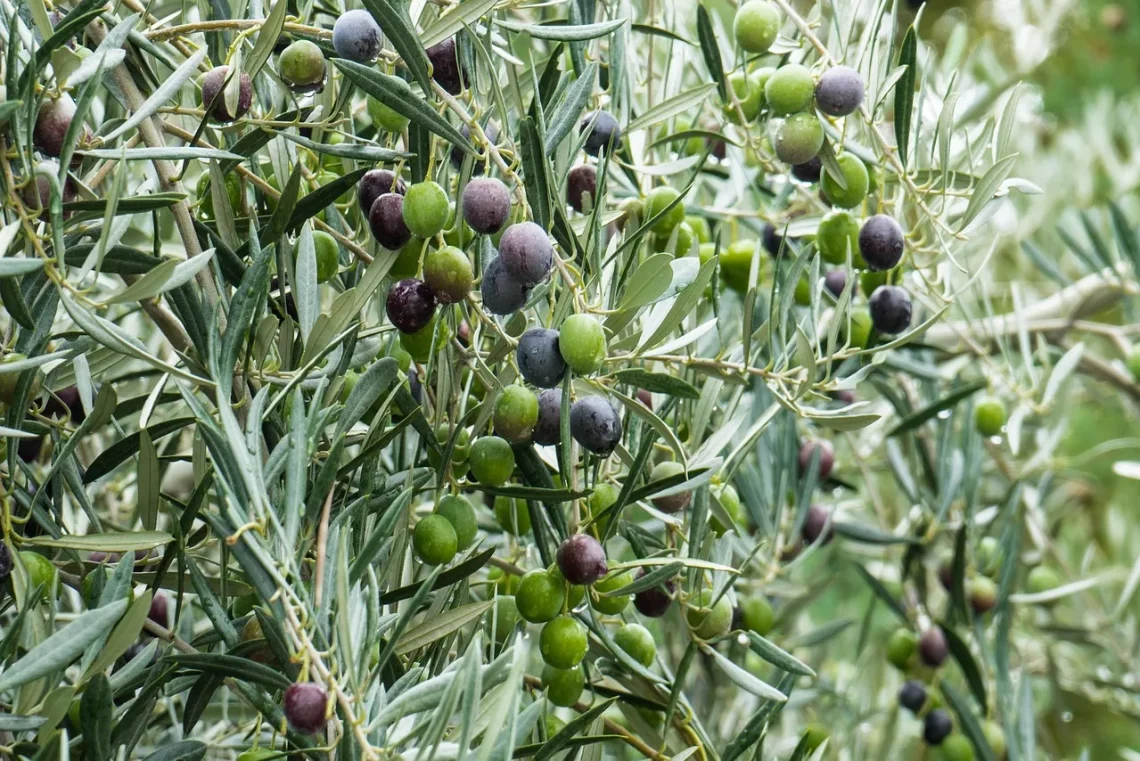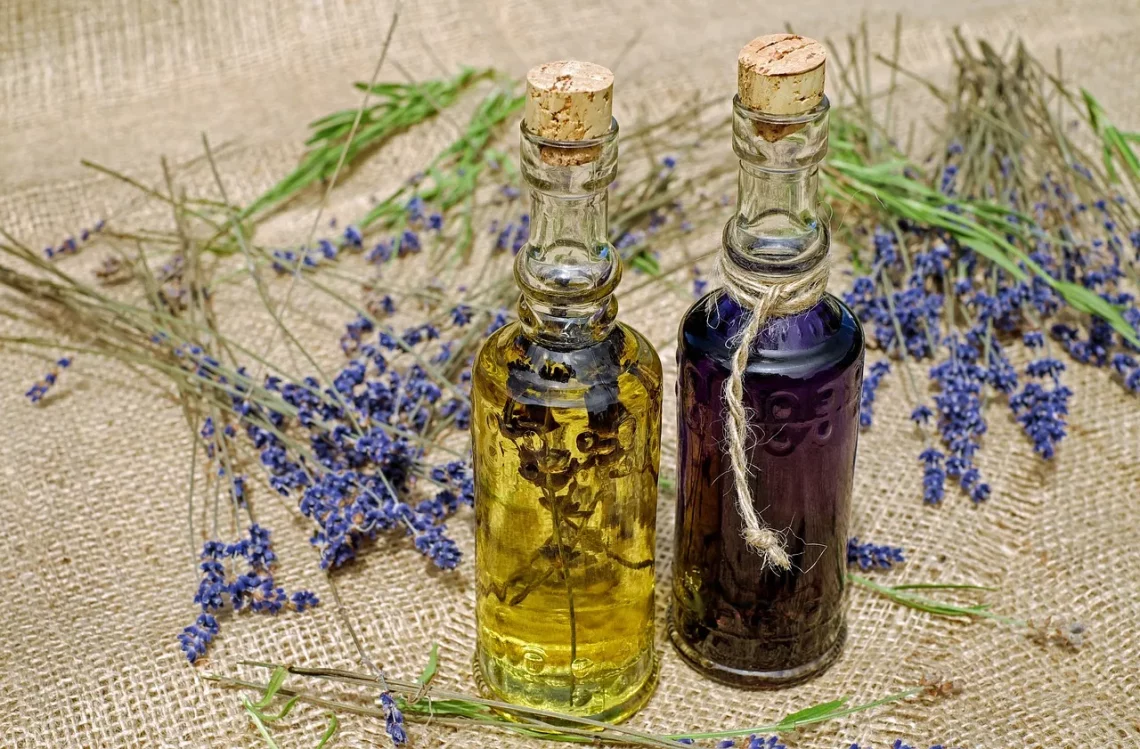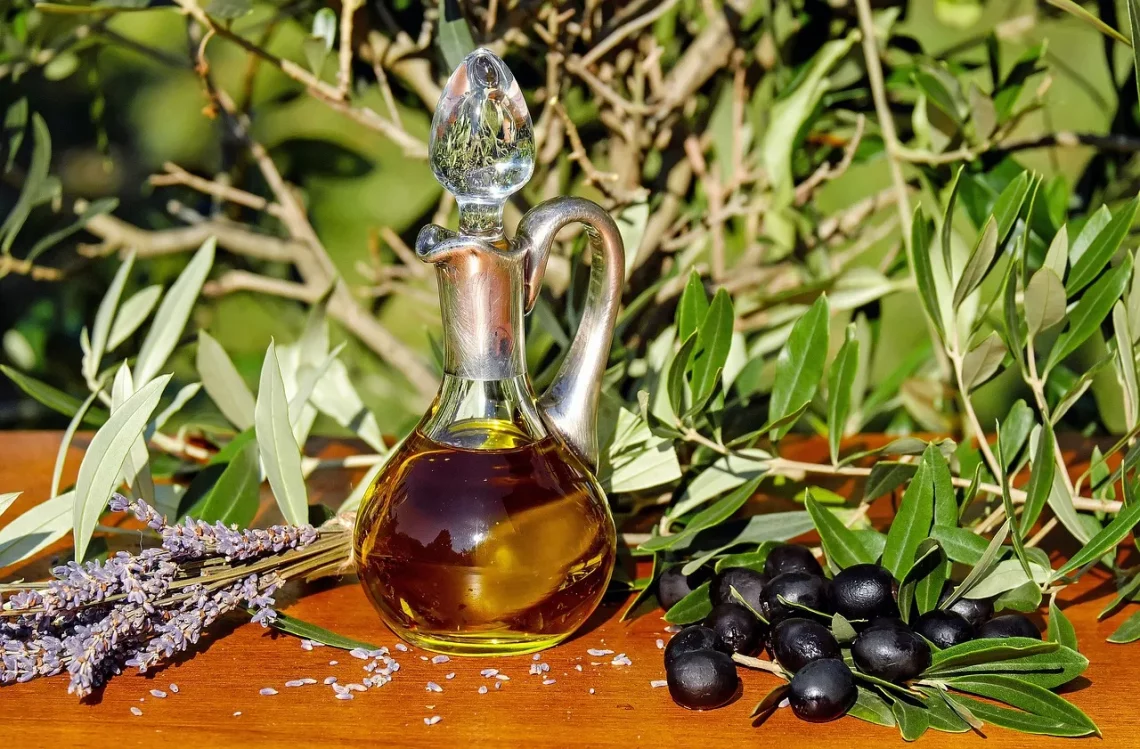-
Move Over Butter: Discover Healthier Alternatives for Your Cooking
Cooking is an art that has evolved over centuries, and the ingredients we use can significantly impact both flavor and health. While butter has long been a staple in kitchens around the world, its high saturated fat content has led many to reconsider its role in their cooking. As health consciousness rises and dietary preferences diversify, individuals are now exploring healthier alternatives that not only enhance dishes but also contribute to overall well-being. The quest for these substitutes goes beyond mere fat content; it encompasses flavor, texture, and nutritional benefits. In recent years, the culinary landscape has expanded to include a variety of options that cater to different dietary needs…
-
How Long Is Beef Tallow Good For and How to Store It Properly
Beef tallow, rendered fat derived from cattle, has been a staple in kitchens for generations. This versatile cooking fat is not only prized for its rich flavor but also for its high smoke point, making it an excellent choice for frying and sautéing. In recent years, there has been a resurgence of interest in traditional fats like tallow, driven by a growing awareness of the benefits of using natural, minimally processed ingredients. Many chefs and home cooks alike are rediscovering the culinary possibilities that beef tallow offers, from enhancing the taste of roasted vegetables to creating flaky pastries. Understanding how to store beef tallow properly is crucial to maintaining its…
-
Avocado vs Grapeseed Oil: Which One Should You Choose for Cooking?
The culinary world is vast and diverse, with numerous oils available for cooking and flavoring dishes. Among these, avocado oil and grapeseed oil have gained significant popularity due to their unique properties and health benefits. Both oils offer distinct flavors and cooking characteristics, making them suitable for various culinary applications. However, choosing the right oil can be daunting, especially when considering factors such as smoke point, nutritional value, and flavor profile. Avocado oil, derived from the flesh of avocados, boasts a rich, buttery taste and is known for its high smoke point, which makes it ideal for frying and sautéing. On the other hand, grapeseed oil, extracted from grape seeds,…
-
Avocado Oil vs Grapeseed Oil: Which One is Better for You?
Avocado oil and grapeseed oil have emerged as popular choices among health-conscious consumers and culinary enthusiasts alike. These oils not only serve as essential components in cooking but also boast a variety of nutritional benefits that can enhance our overall well-being. As the world increasingly turns towards natural ingredients and plant-based diets, understanding the unique properties of these oils becomes crucial for making informed dietary choices. Avocado oil, derived from the flesh of avocados, is known for its rich flavor and high smoke point, making it suitable for various cooking methods, from sautéing to frying. Its nutritional profile is impressive, packed with healthy fats, vitamins, and antioxidants. On the other…
-
Avocado Oil vs Coconut Oil: Which Is Better for Your Health?
Avocado oil and coconut oil have gained immense popularity in recent years, celebrated not only for their culinary versatility but also for their potential health benefits. Both oils are derived from natural sources, making them appealing choices for those looking to maintain a healthy lifestyle. As more people are becoming conscious of what they consume, the debate between these two oils has become more pronounced. Enthusiasts of both argue that their preferred oil is superior, each boasting unique properties and benefits. Avocado oil is extracted from the flesh of avocados and is rich in monounsaturated fats, vitamins, and antioxidants. It has a high smoke point, making it suitable for cooking…
-
Discover the Olive Oil with the Highest Polyphenol Content
Olive oil has long been celebrated not only for its rich flavor and culinary versatility but also for its numerous health benefits. Among the various components of olive oil, polyphenols have gained significant attention for their antioxidant properties and potential impact on overall health. These naturally occurring compounds are known to play a crucial role in reducing inflammation and combating oxidative stress, which are key factors in various chronic diseases. The quest for high-quality olive oil with elevated polyphenol content has become increasingly popular, as consumers seek to maximize the health benefits associated with their dietary choices. As people become more health-conscious, they are looking for ways to incorporate nutrient-dense…
-
Discover the Olive Oil with the Highest Polyphenol Content
Olive oil has long been celebrated not just for its rich flavor and culinary versatility, but also for its numerous health benefits. In recent years, the spotlight has increasingly turned to the polyphenol content of olive oil, a crucial component that contributes to its antioxidant properties and potential health advantages. Polyphenols are naturally occurring compounds found in plants, known for their ability to combat oxidative stress and inflammation in the body. As consumers become more health-conscious, the demand for high-quality olive oil with superior polyphenol levels has surged, leading to a growing interest in understanding which varieties offer the highest concentrations. The extraction process, type of olives used, and geographical…
-
Top Alternatives to Grapeseed Oil for Cooking and Skincare
Cooking oils are an essential part of any kitchen, and choosing the right one can significantly impact both your culinary creations and your health. While grapeseed oil has gained popularity for its high smoke point and mild flavor, it may not be the best option for everyone. Whether due to dietary preferences, allergies, or simply a desire for variety, many individuals seek alternatives that can serve the same purpose in cooking and skincare. The versatility of cooking oils means there are numerous options available, each with its unique properties, benefits, and flavors. When exploring different oils, it’s important to consider factors such as nutritional content, cooking properties, and potential allergens.…
-
Does Canola Oil Go Bad? Understanding Shelf Life and Storage Tips
Canola oil, derived from the seeds of the canola plant, has become a staple in many kitchens around the world. Known for its light flavor and high smoke point, it’s favored not only for cooking but also for baking, frying, and salad dressings. With its versatility and health benefits, including a favorable balance of omega-3 and omega-6 fatty acids, canola oil has garnered a reputation as a healthier alternative to other oils. However, like all edible oils, it has a shelf life and can eventually go bad. Understanding how to properly store canola oil and recognizing the signs of spoilage can help you make the most of this popular cooking…
-
Does Canola Oil Go Bad and How to Store It Properly?
Canola oil is a popular cooking oil known for its versatility and health benefits. Derived from the seeds of the canola plant, it is often favored for its light flavor and high smoke point, making it ideal for frying, sautéing, and baking. As consumers increasingly turn to healthier cooking options, canola oil has gained prominence in kitchens around the world. However, like all oils, it has a shelf life, and understanding how to store it properly is crucial to maintain its quality and flavor over time. The quality of canola oil can be influenced by various factors, including exposure to light, heat, and air. These elements can lead to oxidation,…







































